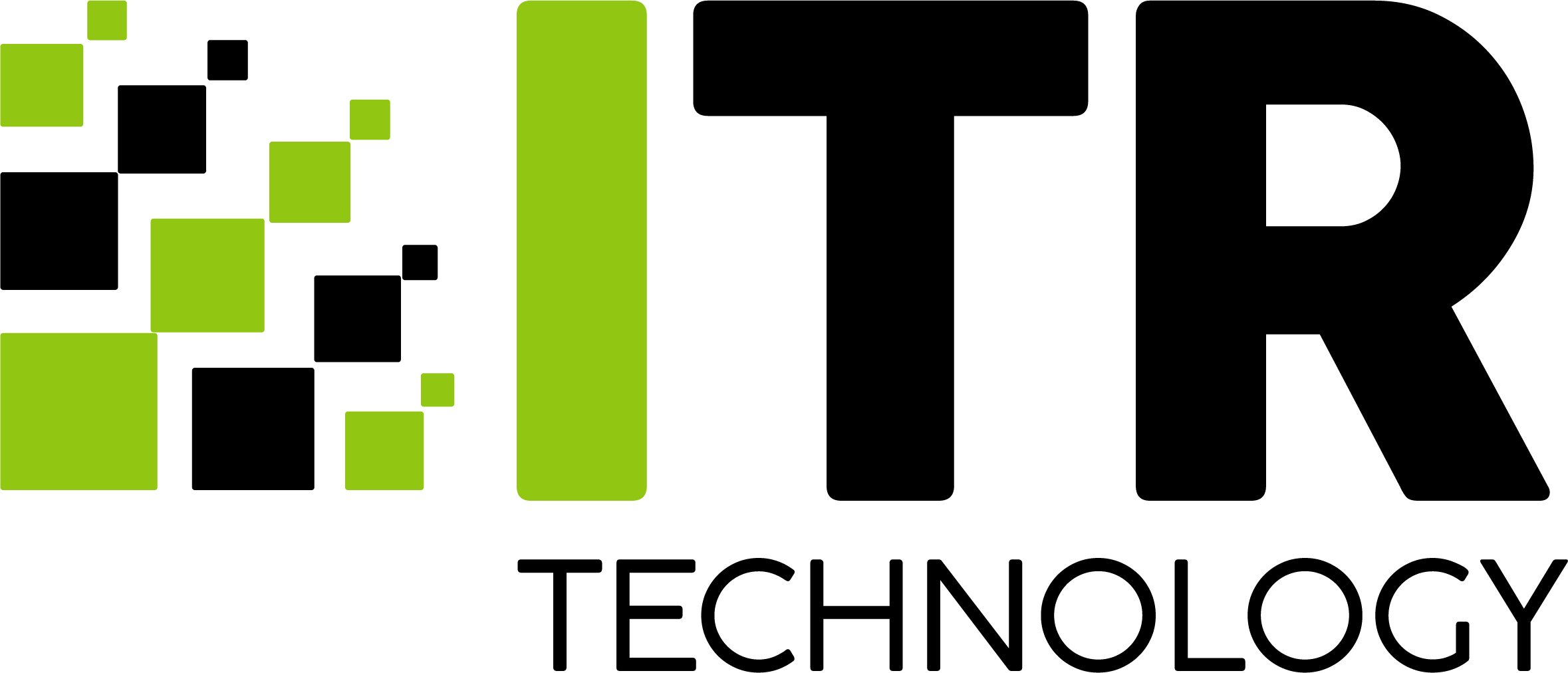What it means to your organization
Take technical and organizational measures to ensure the integrity, confidentiality, and security of the collected information.
How can IT help?
IT solutions can help organizations meet the security requirements under condition 7:
(i) Detect vulnerabilities and unknown external attacks using custom correlation rules in log management tools.
How can ManageEngine help?
Log360: Detect potential external threats like SQL injection attempts, ransomware activities, malicious URL requests, malware installation, and more using the predefined rules in Log360's real-time correlation engine.
(ii) Learn from the mistakes made in the past by performing root cause analysis on breaches using log forensics.
How can ManageEngine help?
Log360: Conduct root cause analysis on data breaches, and view details on it's source, time, and impact using Log360's intuitive log search engine.
(iii) Patch management tools can automate updates and patching of servers, operating systems, corporate assets, and applications.
How can ManageEngine help?
Patch Manager Plus: Scan endpoints to detect missing patches, and automate deployment of tested patches to OS and third-party applications.
(iv) Browser security solutions can manage and secure browsers across networks.
How can ManageEngine help?
Browser Security Plus: Perform periodic scans of all browsers accessed from multiple devices storing corporate data to detect any threats.
(v) Auditing solutions can audit and monitor critical resources to ensure data integrity and protection of corporate assets.
How can ManageEngine help?
DataSecurity Plus: Track accesses to confidential files using central access audit logs, and maintain audit trails to help comply with IT regulations.
PAM360: Obtain readily available video recordings, custom reports, and audit logs on privileged user activity.
ADAudit Plus: Enable real-time Windows Active Directory auditing, logon/logoff auditing, file server auditing, and Windows Server auditing.
(vi) Breach prevention tools can help detect vulnerable sources, limit access to confidential files, and encrypt data in transit to prevent security breaches.
How can ManageEngine help?
Vulnerability Manager Plus: Discover security loopholes in local and remote endpoints and use attacker-based analytics to identify areas that are more prone to attacks.
Password Manager Pro: Organize and store privileged identities using a central vault. It helps to securely share passwords with team members on an as-needed basis.
Key Manager Plus: Gain complete visibility into SSH keys and SSL environments to avoid data breaches or compliance issues.
Ransomware Protection Plus: Ensure ransomware defense with robust detection and response mechanisms.
Malware Protection Plus: Real-time malware detection and mitigation with next gen antivirus software
(vii) Data discovery and security tools can provide information like risk scores of files containing PII, vulnerable sources, etc. required to perform data protection impact assessment to identify and assess risks of a project.
How can ManageEngine help?
DataSecurity Plus: Locate files with sensitive data, and analyze their vulnerability by calculating their risk score based on the permissions, the volume, the type of rules violated, audit details, and more.




















